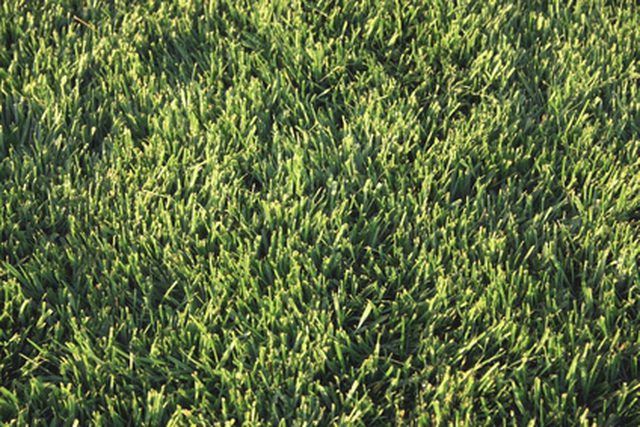Bulbs
Flower Basics
Flower Beds & Specialty Gardens
Flower Garden
Garden Furniture
Garden Gnomes
Garden Seeds
Garden Sheds
Garden Statues
Garden Tools & Supplies
Gardening Basics
Green & Organic
Groundcovers & Vines
Growing Annuals
Growing Basil
Growing Beans
Growing Berries
Growing Blueberries
Growing Cactus
Growing Corn
Growing Cotton
Growing Edibles
Growing Flowers
Growing Garlic
Growing Grapes
Growing Grass
Growing Herbs
Growing Jasmine
Growing Mint
Growing Mushrooms
Orchids
Growing Peanuts
Growing Perennials
Growing Plants
Growing Rosemary
Growing Roses
Growing Strawberries
Growing Sunflowers
Growing Thyme
Growing Tomatoes
Growing Tulips
Growing Vegetables
Herb Basics
Herb Garden
Indoor Growing
Landscaping Basics
Landscaping Patios
Landscaping Plants
Landscaping Shrubs
Landscaping Trees
Landscaping Walks & Pathways
Lawn Basics
Lawn Maintenance
Lawn Mowers
Lawn Ornaments
Lawn Planting
Lawn Tools
Outdoor Growing
Overall Landscape Planning
Pests, Weeds & Problems
Plant Basics
Rock Garden
Rose Garden
Shrubs
Soil
Specialty Gardens
Trees
Vegetable Garden
Yard Maintenance
How to Find the Best Grass for Florida Lawns
How to Find the Best Grass for Florida Lawns. Several species of grass thrive in the warm Florida climate. However, the best species for Florida lawns depends on the area and the intended purpose of the lawn. Soil quality and composition varies between inland and coastal regions, and different grasses suit the hotter southern region compared to the...

Several species of grass thrive in the warm Florida climate. However, the best species for Florida lawns depends on the area and the intended purpose of the lawn. Soil quality and composition varies between inland and coastal regions, and different grasses suit the hotter southern region compared to the cooler north. In general, warm season grasses are the best adapted to survive in Florida. All lawns in Florida are only as good as their seed bed. Make sure you prepare the soil and fertilize well before planting.
Visit your local Florida garden store and take a look at their seed packs and sod options. Several species are commonly sold in Florida
Check grass seed packet labels. State laws demand that packs display key information about the seed content, including purity, weed levels and percentage germination. Select packs with purity ratings of at least 90 percent, low weed seed content and germination levels of 85 percent. This will deliver the best quality grass for your lawn.
Opt for an established Florida favorite. St.Augustinegrass is a native species to the region and as such will grow in most Florida soil types. This makes it the most common lawn grass in the state. Purchase St.Augustinegrass as sod; don't try to grow it from seed.
Decide how important lawn appearance is for your garden and how much time you have to dedicate to lawn maintenance. Fine grades of bermudagrass, for example, adorn golf courses and highly manicured lawns in Southern Florida. Choose bermudagrass for a lush covering, but expect to have to add fertilizer, tend thatch areas and fend off pest attacks.
Select bahiagrass for hot, dry Florida areas and locations near the ocean. Bahiagrass grows well in sandy soil with low nutrient levels, has few common pest problems and doesn't require regular fertilization, according to the University of Florida. Pick up quality bahiagrass seed from a garden store.
Tips & Warnings
Other warm season grass options include centipedegrass, zoysia grass and carpet grass.
Water your lawn as frequently as possible, but take care not to drown the seedbed. Soil should be damp, not wet.